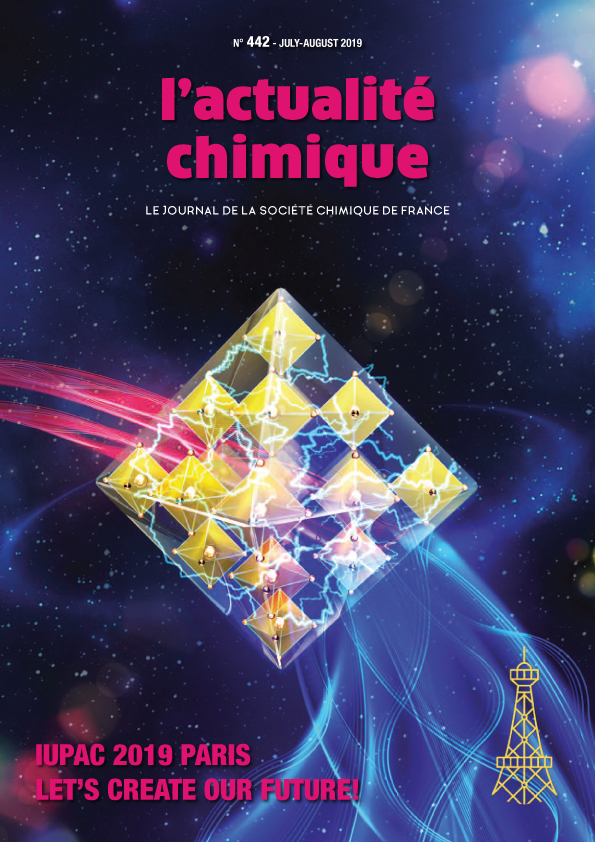Visualiser la matière en transformation grâce à des flash ultracourts d’ondes électromagnétiques
Ma vie de chercheur et la science ultrarapide en Scandinavie ont commencé en 1975 lorsque Peter Rentzepis, un des pionniers du domaine, m’a accepté comme étudiant dans son laboratoire. Après avoir appris les tenants et les aboutissants de la génération de flash courts, j’ai construit le premier laboratoire picosecondes en Scandinavie. Des décennies de recherches illustrent que les transformations chimiques peuvent avoir lieu dans une vaste échelle de temps, de quelques femtosecondes à quelques secondes ou minutes…~–~les processus fondamentaux tels que casser et créer des liaisons chimiques ou redistribuer l’énergie et la charge intra- ou intermoléculaire sont les procédés les plus rapides, tandis que les réactions entre composés chimiques peuvent être très lentes.
Dans mes propres recherches, la curiosité et l’intérêt de comprendre les processus de la nature m’ont animé. La photosynthèse, le processus ultime qui approvisionne tous les composés organiques et la plupart des énergies nécessaires pour la vie sur Terre, a l’air d’être un bon choix et l’étude des processus induits par la lumière comme la photosynthèse sont de fait une cible pour mes recherches.
Télécharger l'article
